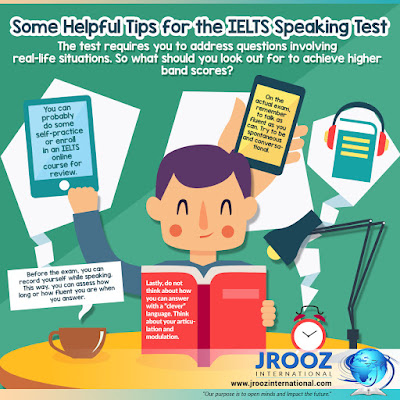First, you must know the assessment criteria of the IELTS Speaking test. These include accuracy and grammatical range, coherence and fluency, lexical resource and pronunciation. Thus, you have to prepare for these areas to get higher scores. Moreover, familiar topics such as hobbies, interests and more are asked in Part 1. Hence, it is best to practice with a partner to ask you questions. If you cannot find one, you can enroll in an IELTS online review where you can access different audio and reading materials.
On the actual exam, remember to talk as fluent as you can. Try to be spontaneous and conversational. However, you must not overdo it for you might lose your focus and articulation. Also, remember to develop your answers. It helps if you can give examples to support your answers or to be able to explain your point or idea.
Before the exam, you can record yourself while speaking. This way, you can assess how long or how fluent you are when you answer. IELTS online courses can also help you through sample questions that are most likely mentioned in the actual test. Take note that the IELTS Speaking test has time limits, so it is important to keep track on how long you speak or how accurate and brief your answers are.
Lastly, do not think about how you can answer with a “clever” language. Think about your articulation and modulation. You may opt to enroll in an IELTS online review to help you improve your speaking skills. After all, this test assesses how well you can communicate, speak at length, organize ideas or thoughts logically, elaborate opinions and scrutinize issues.

Preparing for the IELTS speaking test can be challenging, but having the right IELTS Tuition makes a huge difference. Structured practice and expert guidance help boost confidence and fluency.
ReplyDelete